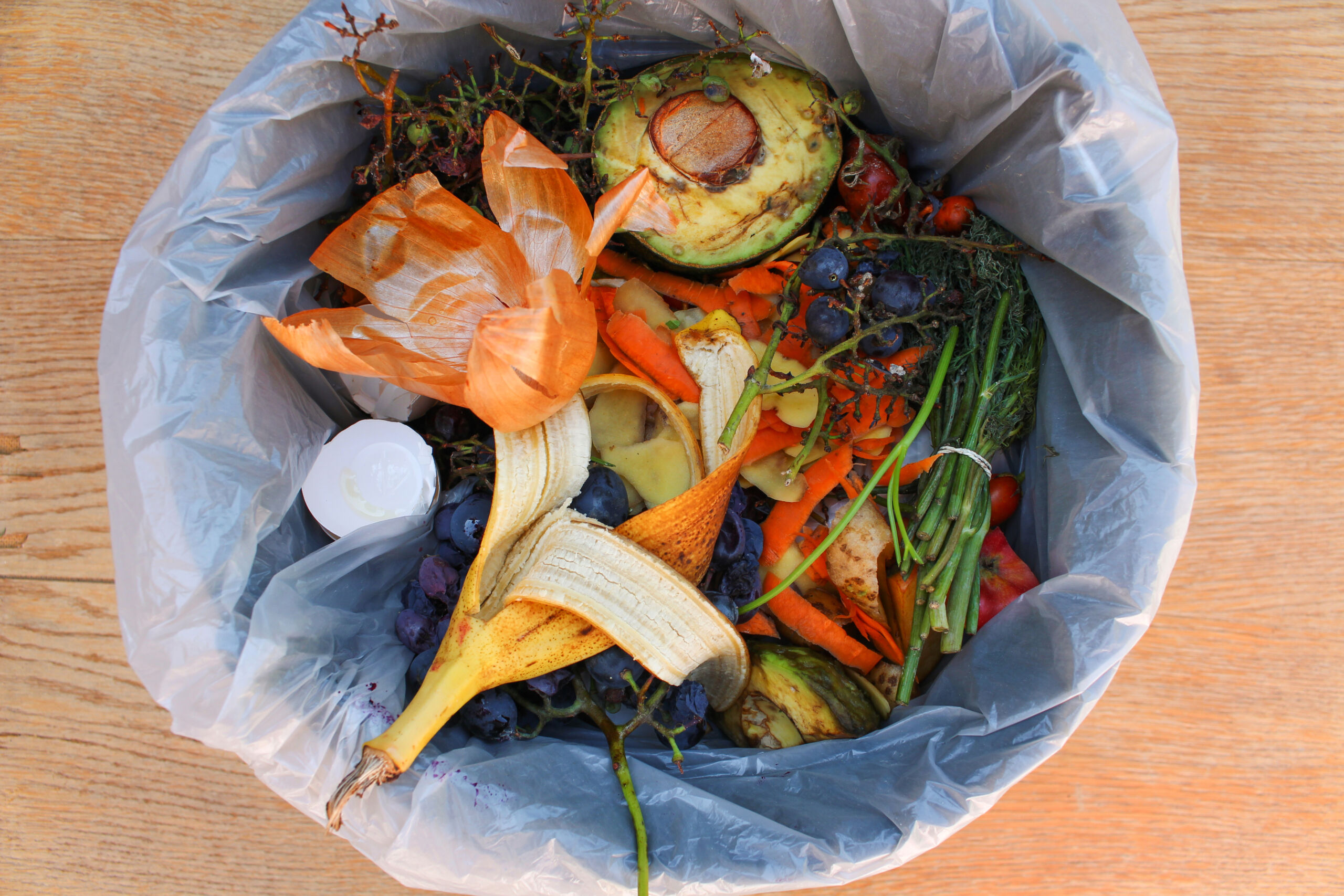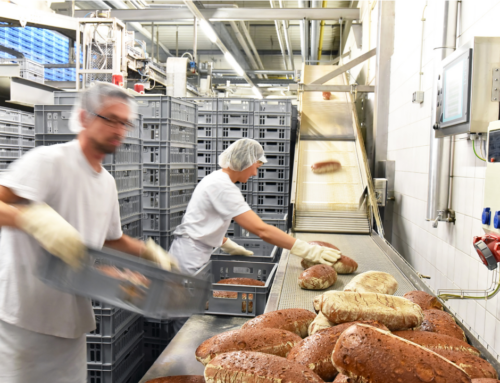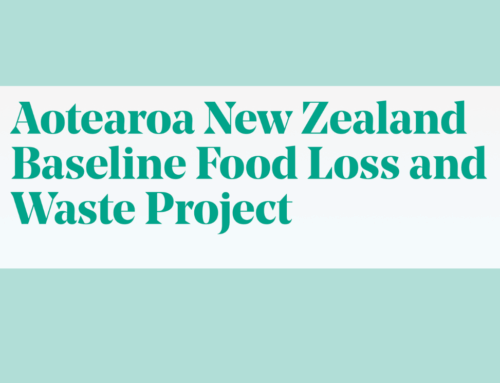An organisation leading national action on food waste is calling for food waste measurement and management to be included in the Auditor-General’s upcoming inquiry into the Ka Ora, Ka Ako, Healthy School Lunches programme
New Zealand Food Waste Champions 12.3 (NZFWC) has written to the Auditor-General, Mr John Ryan, urging the inquiry to examine how food waste is tracked, reported, and addressed within the programme. The letter suggests that current monitoring likely captures only a fraction of total food waste, leaving environmental, social, and operational gaps unaddressed.
“We fully support the intent behind Ka Ora, Ka Ako, but the current model poses significant food waste risks, as well as environmental impacts if not properly monitored,” said Kaitlin Dawson, Executive Director of NZFWC. “If we’re serious about creating a food-secure and climate-conscious Aotearoa, reducing waste from government-funded food programmes must be part of the solution.”
The group notes that the Ministry of Education’s procurement plan for the school lunch programme includes a key performance indicator of keeping food waste below 7%, with an aim to reduce surplus volumes. However, Dawson says this KPI is likely too narrow and doesn’t account for the full range of food waste the programme produces.
“Tracking only the unopened lunches returned to providers is not a complete picture. We understand there is significant waste occurring after meals are opened and believe a more complete, transparent approach to monitoring food waste and minimising it at every stage is needed.”
NZFWC encouraged the review to also consider how the programme could better support food redistribution and rescue, as well as lower-emissions disposal methods like composting.
“At a time when one in four children live in food-insecure households, we need to make sure every good meal counts. Redirecting safe, surplus food to where it’s needed must be a priority,” said Dawson.
Dawson noted that a 2022 Ministry for Education carbon footprint evaluation found Ka Ora, Ka Ako produces over 71,000 tonnes of CO2 equivalent emissions annually. “That’s the Ministry’s third-largest emissions source,” she said.
The letter urges the Office of the Auditor-General to:
- Examine the adequacy of current food waste KPIs, measurement methodologies, and monitoring protocols used within the programme.
- Consider whether broader KPIs should be introduced to capture waste across all supply chain stages, including within schools.
- Ensure the programme is designed from farm to fork and disposal, allowing for comprehensive measurement and management of food waste in line with the government’s own procurement standards.
- Investigate the environmental, social, and economic implications of current food waste levels and explore opportunities to improve food security and reduce climate impact through programme design.
Dawson says addressing food waste at scale requires a systems mindset. “We have a real opportunity here to show leadership. If we’re serious about sustainability, food waste can’t be a blind spot in our biggest public food programme.”




